In the odyssey of self-realization and personal growth, one attribute serves as the cardinal compass guiding our journey – self-awareness. This enlightened awareness is the prism through which we dissect and understand our complex selves, shedding light on our strengths and areas for improvement. It holds the key to fostering a growth mindset, guiding us through the convolutions of life with confidence and surety.
As we delve into the essence of self-awareness, it is crucial to grasp its transformative potential, extending beyond personal development and weaving its way into professional success. It is not a mere exercise in introspection; it is an integral mechanism fueling our evolution as individuals and the evolution of our interpersonal relationships.
Defining Self-Awareness
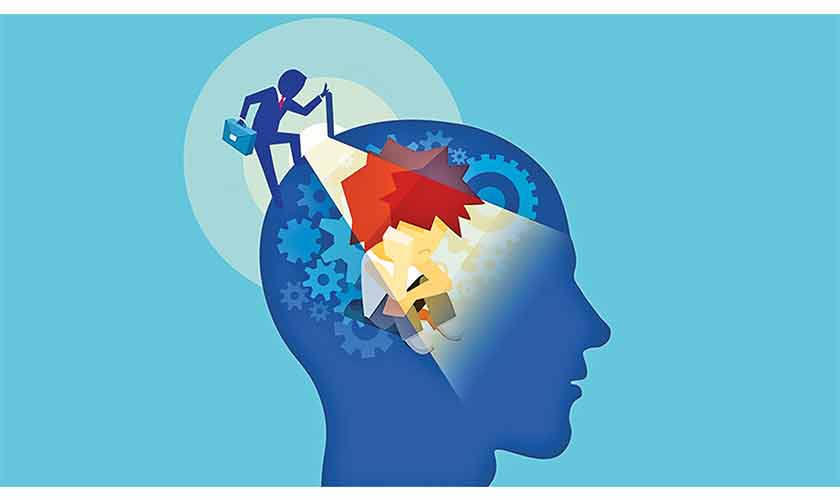
Definition
In its elemental form, self-awareness is the conscious understanding of our thoughts, emotions, motivations, and behaviors. It transcends the simplistic realm of self-observation, serving as an introspective lens that unravels the labyrinth of our inner workings.
Understanding the Components
When unraveling the concept of self-awareness, it is essential to identify the two core components that construct this framework: internal self-awareness and external self-awareness. These twin facets complement each other, providing a comprehensive outlook towards understanding the self and its interaction with the surrounding world.
Internal Self-Awareness
This is a reflective process focusing on our inner world – the thoughts, emotions, values, and beliefs that constitute our personal identity. It involves a deep dive into the sea of our psyche, aiming to map the contours of our mental and emotional landscapes.
External Self-Awareness
Contrasting internal self-awareness, external focuses on understanding how we are perceived by others. It reflects our social identity, highlighting the gap between how we perceive ourselves and how we are perceived by others.
The Importance of Self-Awareness
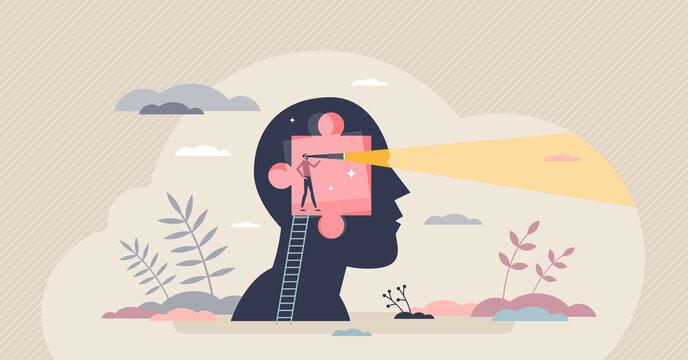
Enhancing Personal Growth and Development
Recognizing strengths and weaknesses
Self-awareness is the cornerstone of personal development, a journey defined by continuous learning and self-improvement. It begins with recognizing our strengths and weaknesses. This heightened awareness becomes a catalyst, inspiring us to harness our strengths while simultaneously working on areas needing improvement. Our strengths become our most powerful tools, enabling us to carve out our niche, while our weaknesses serve as signposts, pointing us towards areas for development.
Understanding emotions and reactions
Beyond recognizing our strengths and weaknesses, self-awareness aids us in understanding our emotions and reactions. It’s like holding up a mirror to our inner selves, allowing us to see our emotions in their purest form. Emotions, when understood and managed effectively, can guide our decisions, influence our actions, and shape our relationships.
Setting and achieving goals
Understanding ourselves also paves the way for setting meaningful and achievable goals. When we know our capabilities and limits, we can set goals that are both challenging and within our reach. Self-awareness informs these goals, ensuring they are in alignment with our core values, aspirations, and abilities.
Fostering Healthy Relationships

Improved communication and empathy
Relationships are the cornerstone of our social existence, and self-awareness enhances our capacity to form and maintain healthy relationships. It aids us in fostering improved communication and empathy. When we understand ourselves, we become better equipped to express our thoughts and emotions clearly, reducing misunderstandings and fostering open dialogue. Empathy, born out of self-awareness, allows us to comprehend others’ feelings and perspectives, leading to deeper and more meaningful connections.
Building trust and authenticity
Furthermore, self-awareness helps build trust and authenticity in relationships. Being aware of our actions and how they impact others engenders trust, a vital component of any relationship. Similarly, understanding and accepting our true selves fosters authenticity, allowing us to be genuine in our interactions, strengthening our bonds with others.
Advancing Professional Success
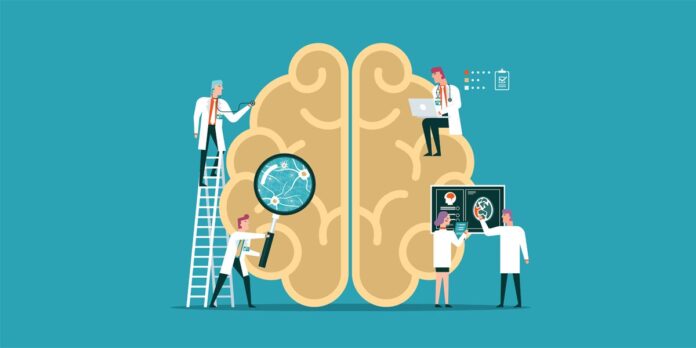
Leveraging strengths and managing weaknesses
On the professional front, self-awareness has a significant impact on our careers. By understanding our strengths and weaknesses, we can leverage them to our advantage. For example, we can utilize our strengths to excel in our roles and manage our weaknesses to prevent them from becoming obstacles to success.
Making informed career decisions
Self-awareness also aids in making informed career decisions. When we understand our passions, skills, and values, we can choose career paths that align with these elements, leading to greater job satisfaction and success.
Effective leadership and self-management
Finally, self-awareness is crucial for effective leadership and self-management. Self-aware leaders understand their impact on their teams and make conscious efforts to inspire and motivate. They leverage their strengths, manage their weaknesses, and make informed decisions, leading to successful and high-performing teams. Meanwhile, it allows us to control our actions and reactions better, improving our productivity and effectiveness.
Cultivating Self-Awareness
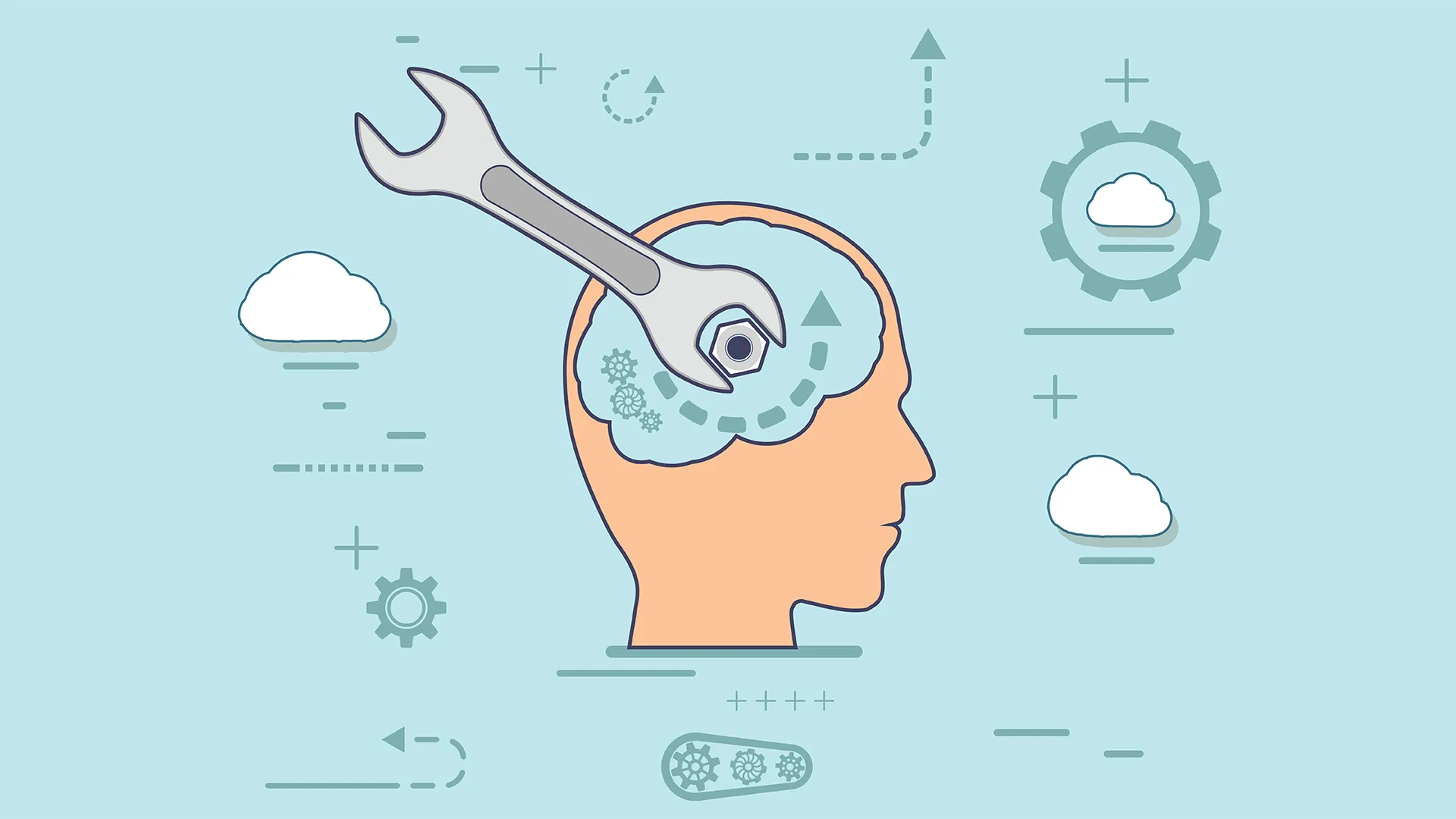
Reflective Practices
Journaling and self-reflection
Cultivating self-awareness is an ongoing process, one that calls for dedication, patience, and reflective practices. Engaging in introspective activities like journaling and self-reflection helps one chart the depths of their inner selves. The exercise of journaling can transform our random thoughts into coherent narratives, making sense of our experiences, reactions, and emotions. It provides a unique perspective into our minds, allowing us to observe patterns, uncover biases, and understand our value systems better.
Meditation and mindfulness
Another powerful practice for cultivating self-awareness is meditation and mindfulness. These ancient practices encourage us to stay present, consciously observe our thoughts and feelings, and accept them without judgment. It helps us detach from our experiences and view our emotions and thoughts objectively, enhancing our internal self-awareness.
Seeking Feedback from Others
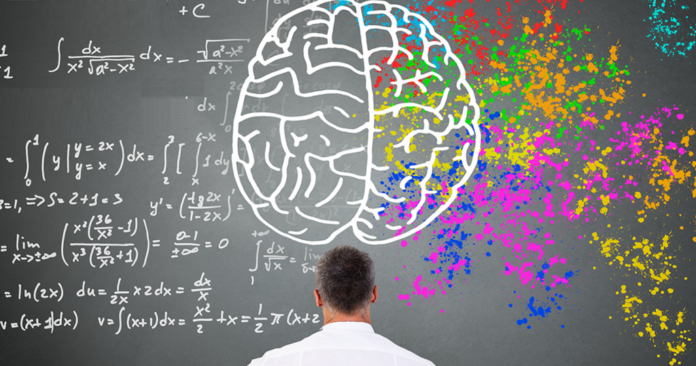
Another key to developing self-awareness is seeking feedback from others. This practice enriches our external self-awareness. Constructive feedback from people we trust can provide invaluable insights into how our behaviors and actions are perceived by others. By comparing these external perspectives with our self-perception, we can identify discrepancies and work towards aligning our actions with our intentions.
Embracing Self-Discovery Tools
In the pursuit of self-awareness, self-discovery tools such as personality assessments and emotional intelligence assessments can prove to be incredibly beneficial. These standardized tools provide a structured way to understand our characteristics and emotional competencies.
Overcoming Challenges to Self-Awareness
Fear and Resistance to Self-Exploration
One of the most common barriers to self-awareness is the fear and resistance towards self-exploration. Delving into our thoughts, emotions, and behaviors can sometimes reveal truths about ourselves that we may find uncomfortable or challenging to accept. The key to overcoming this resistance is to approach self-exploration with an open mind and a willingness to accept all aspects of ourselves, both positive and negative. Embrace the journey as a chance for transformation and growth, rather than a critique of your character.
Cognitive Biases and Blind Spots
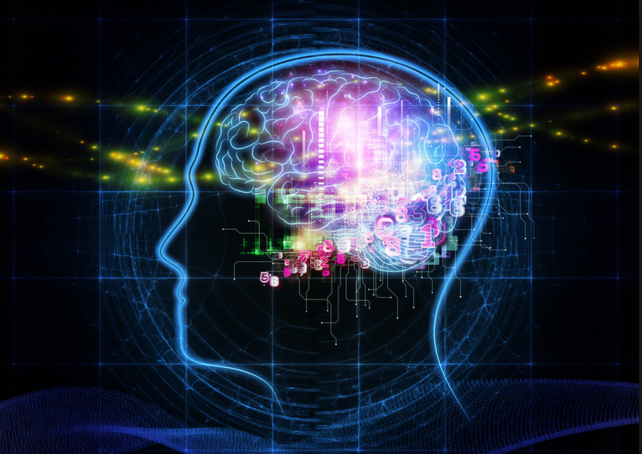
Another obstacle to achieving self-awareness are cognitive biases and blind spots. Cognitive biases can distort our perception of ourselves and our environment, while blind spots are aspects of our personality that we fail to recognize or acknowledge. To overcome these hurdles, we must practice self-reflection and seek feedback from others. This feedback can provide alternative perspectives and help us recognize and understand our blind spots better.
Cultivating a Growth Mindset
Cultivating a growth mindset is a powerful strategy to overcome the challenges to self-awareness. A growth mindset embraces the belief that our abilities and intelligence can be developed with effort and perseverance. With this mindset, we view challenges and failures as opportunities for learning and growth, rather than setbacks. This mindset encourages us to remain open to new experiences and feedback, thereby enhancing our self-awareness. Embracing a growth mindset allows us to see our potential clearly and to continuously strive towards self-improvement.
The Impact of Self-Awareness on Well-being
Improved Mental and Emotional Health
Self-awareness is a powerful ally for mental and emotional health. By understanding our thoughts, emotions, and reactions, we are better equipped to manage stress, anxiety, and other negative emotions. We become more attuned to our needs and can take proactive measures to fulfill them, fostering a sense of inner peace and contentment. Moreover, self-awareness encourages us to practice self-compassion, to be kind and forgiving towards ourselves, which significantly enhances our mental well-being.
Enhanced Self-Acceptance and Self-Esteem

Another crucial impact of self-awareness on well-being is the cultivation of self-acceptance and the enhancement of self-esteem. Self-acceptance is a byproduct of understanding and accepting our strengths, weaknesses, thoughts, and emotions. This acceptance makes us comfortable in our skin, leading to higher self-esteem.
Conclusion
Self-awareness, the guiding star in the constellation of life, intertwines personal growth, flourishing relationships, and professional success. It calls us to embark on an inward journey, inspiring growth and transformation by inviting us to confront and accept our deepest truths.
This journey towards self-awareness calls for courage, perseverance, and, importantly, self-compassion. As we continue to nurture this potent facet of our being, we unlock the doors to our boundless potential, transforming ourselves into architects of our destiny. The voyage towards self-discovery isn’t merely about uncovering our true selves; it’s about shaping and molding ourselves into the individuals we aspire to become. Cultivate self-awareness, foster a growth mindset, and watch as the paths to personal and professional fulfillment unfold.









